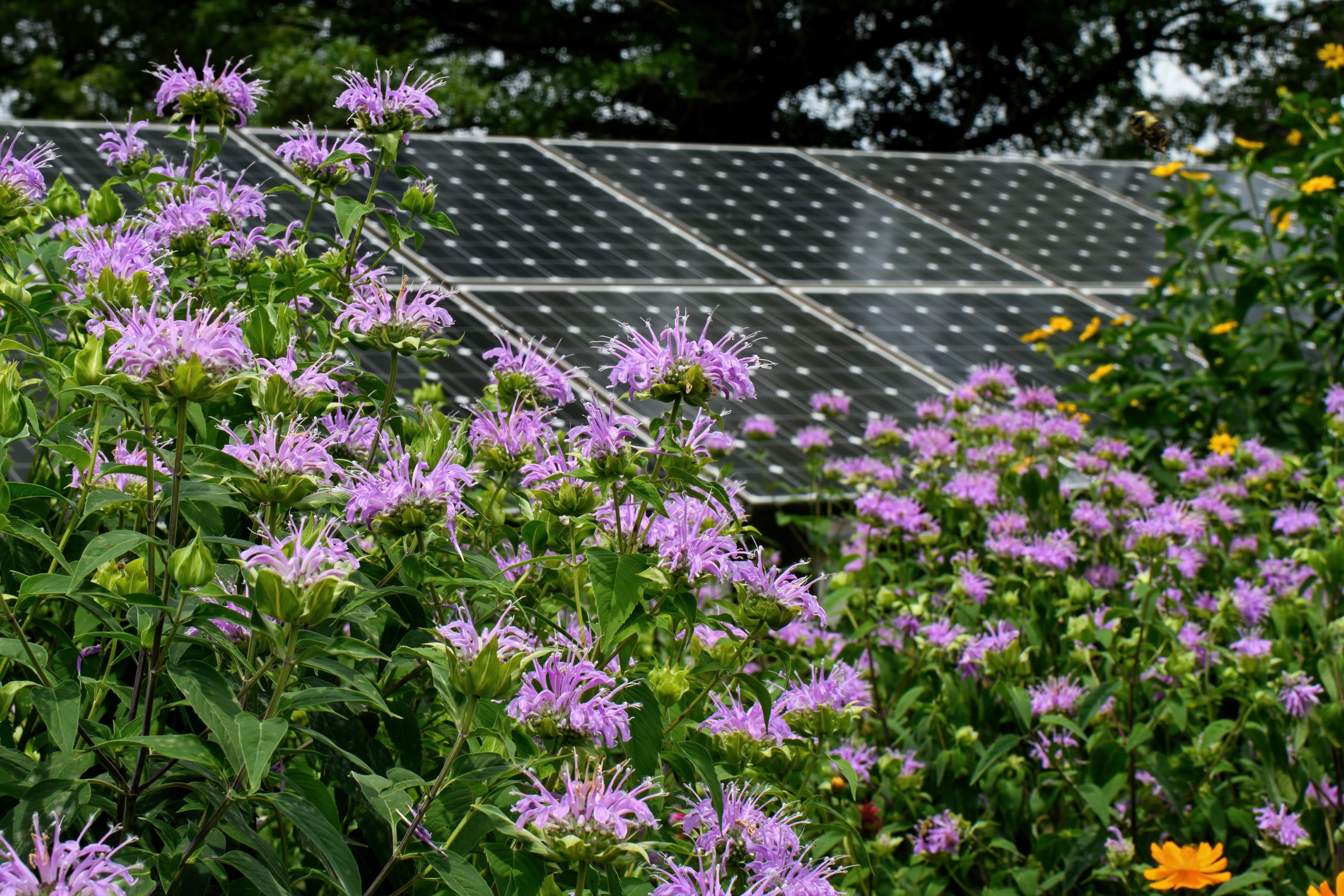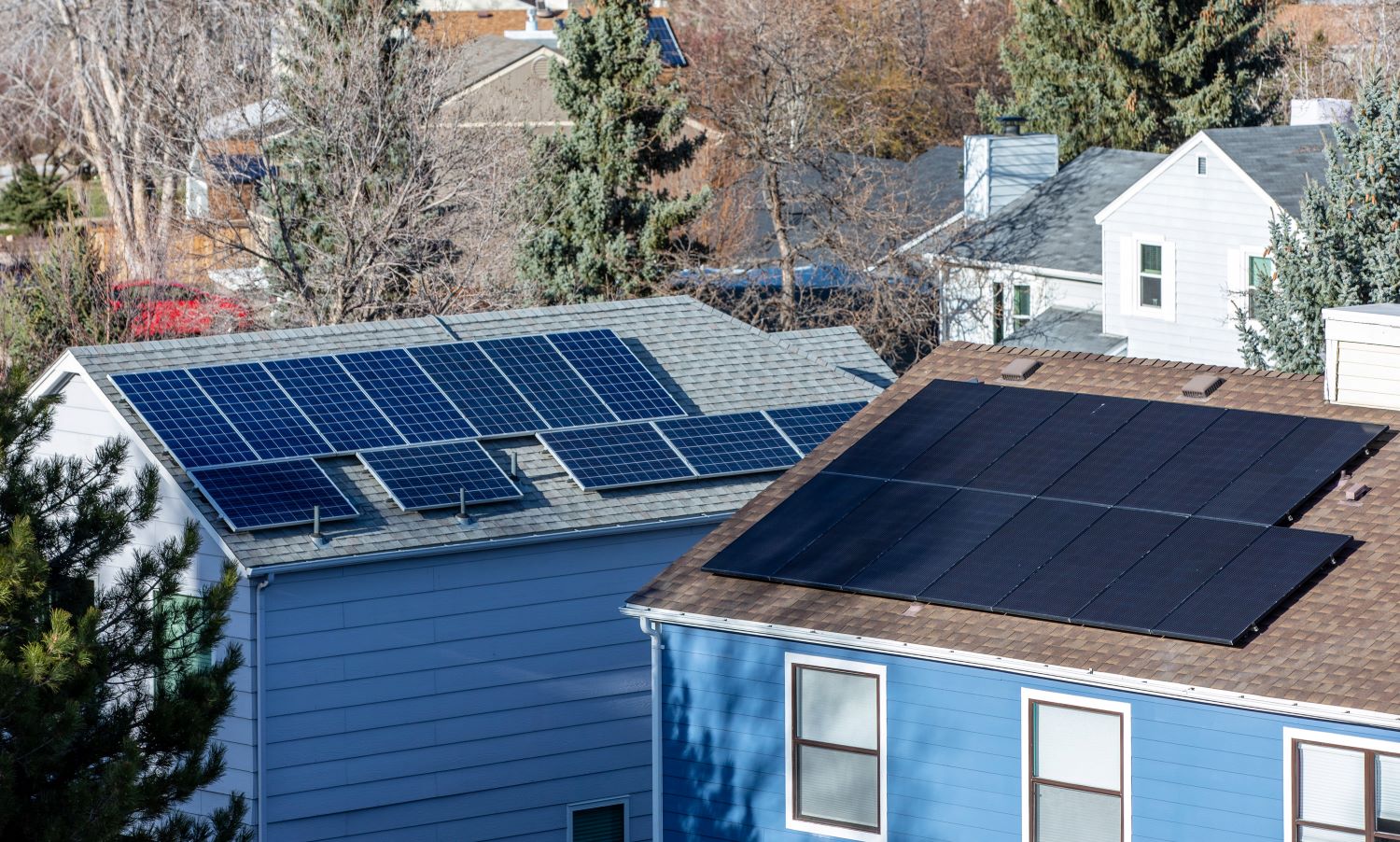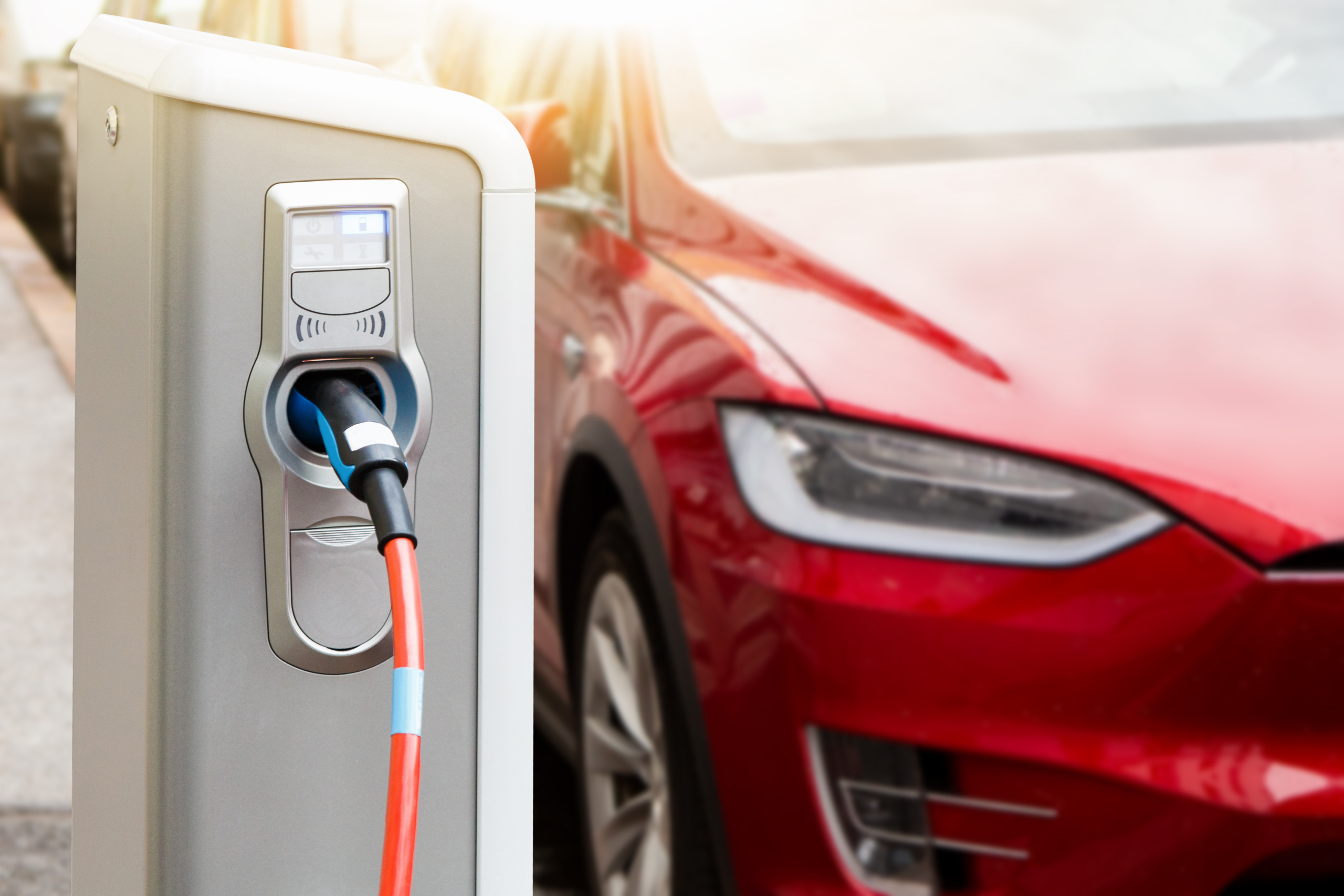
Driving a wedge between clean energy and conservation is a bad idea
Forcing people to take sides between the environment we cherish and the climate we hope to protect is politically counterproductive. And it's not necessary.

A recent poll conducted by the new climate change news site Heatmap posed a provocative question: If you had to choose between rolling out renewable energy quickly and harming natural land or wild animals in the process, or slowing down renewable energy development to protect land and animals even at the cost of slowing action on climate change, which would you choose?
Before we get to Heatmap’s question, let’s note that this is, at least in part, a false choice. We have at our disposal many, many ways to reduce conflicts between clean energy and the environment – from putting renewable energy on the roofs of our homes, superstores, warehouses and parking lots, to curbing our consumption of energy and stuff in the first place. In fact, there is reason to believe that a renewable energy system might actually use less land than our current energy system. Moreover, if we’re both careful and smart, the transition to clean energy could actually allow us to recover some of the land and ecosystems that have long been degraded by the production of fossil fuels and land-hungry biofuels.
But let’s put all that aside for a minute and take the poll at face value: Where did Americans come down on this choice between climate change and the natural world?
Four out of five people responding to the poll opted for the “protect animals and land, but go slow on climate change” option, while only about 20% chose to accelerate renewable energy at all costs.
It is possible to look at this poll any number of ways. One way is to see it as an indication that Americans have not yet grasped the severity and urgency of climate change. After all, won’t unabated climate change wipe out more birds and critters than a few wind turbines or solar panels?
But other results from the same poll reinforce what we already know: Americans are wildly supportive of renewable energy. Three-quarters of Americans say they would welcome a solar farm into their community, and nearly as many would welcome a wind farm. When it comes to installing solar panels, roughly half of Americans want to “go solar” at some point in the future.
Not every community is as accepting of clean energy as the poll numbers would indicate, and a familiar toxic combination of misinformation, culture war polarization and fossil fuel industry meddling has led to a backlash in some communities against wind and solar power (though not enough of one to halt the rapid growth in renewable energy that we’ve documented for years in our Renewables on the Rise reports.)
But the poll clearly suggests that if we want to continue to build support for renewable energy – as we must – framing clean energy as being in inescapable tension with conservation would be disastrously counterproductive. If Americans are asked to (to paraphrase an old quote following the bombing of a town in Vietnam) destroy the environment in order to save it, many of them will say no.
Yet, increasingly, this supposed tension between climate action and conservation impulses is coming to the fore in the media (as in the Heatmap poll and a recent issue of the Economist) – invariably setting off sniping between different camps of environmentalists at a time when we really need to be convincing the rest of the country and the rest of the world of the necessity, possibility and benefits of climate action.
Sen. Joe Manchin’s “permitting reform” bill in the last Congress – which would have weakened environmental protections for all sorts of energy and mining projects, with the likely result being that both renewable energy projects and fossil fuel projects would move faster – created similar divides, pitting some backers of rapid expansion of renewables (often waving the banner of climate action) against those more concerned with stopping fossil fuel expansion and preserving our nation’s most fundamental environmental protections.
None of this does the climate movement any favors.
Even those who prioritize the expansion of renewable energy over everything else need to understand that the job of building support for that position – or any program of aggressive climate action – must begin from where people are already at. And Americans are at the place of identifying with, caring about, and feeling at least somewhat more empowered to protect the landscapes and creatures they know and value – far more than they feel able to stop global climate change. If Americans come to see those two things as in tension, guess which is going to lose out?
Forcing people to take sides between the environment we cherish and the climate we hope to protect is politically counterproductive for anyone who cares about clean energy or the climate. And it’s not necessary – especially when America has the renewable energy resources to power the nation many times over and still have more to spare, when we have massive untapped potential to save energy, when Americans are overwhelmingly supportive of renewable energy in general, and when we know that effective planning can lead us to an energy system that both eliminates our dependence on fossil fuels and respects our natural environment at the same time.
There is no surer way to lose our fellow citizens than to convince them that the solutions we need to address climate change will put the places they love and the wildlife they value in harm’s way. Carefully considering how we preserve the climate and protect the environment at the same time might feel like moving more slowly, but it is not. It is essential to building and maintaining the durable support we will need from the American people to continue and accelerate the clean energy transition.
Topics
Authors
Tony Dutzik
Associate Director and Senior Policy Analyst, Frontier Group
Tony Dutzik is associate director and senior policy analyst with Frontier Group. His research and ideas on climate, energy and transportation policy have helped shape public policy debates across the U.S., and have earned coverage in media outlets from the New York Times to National Public Radio. A former journalist, Tony lives and works in Boston.
Find Out More

Let us now praise rooftop solar: A tale from New England

Automakers could have learned to build EVs. They paid Tesla to do it instead.

A look back at what our unique network accomplished in 2023

